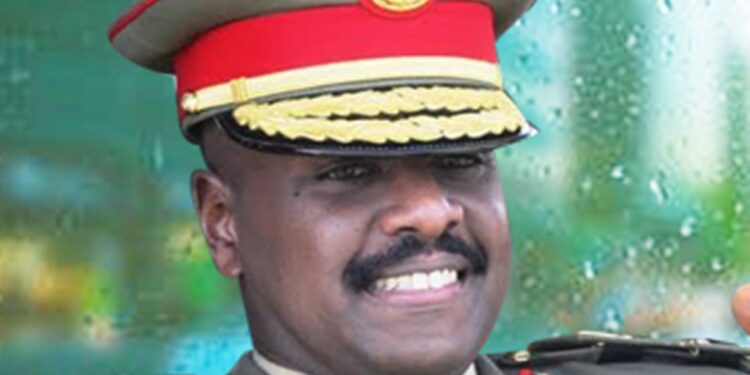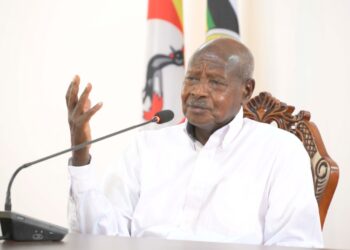On Tuesday, Ugandan media was awash by reports of First Son Lt Gen Muhoozi Kainerugaba’s announcement that he was retiring from the army.
The Uganda People’s Defence Forces Commander of the land forces confirmed the development through his Twitter handle.
“After 28 years of service in my glorious military, the greatest military in the world, I am happy to announce my retirement. Me and my soldiers have achieved so much! I have only love and respect for all those great men and women that achieve greatness for Uganda every day,” Gen Muhoozi tweeted.
Hours later, a video of Gen Muhoozi with veteran journalist Andrew Mwenda surfaced online where the former clarified on his retirement from the army.
He said he would retire in 8 years from now and that would be 2030.
Meanwhile, the retirement journey of a UPDF soldier is always followed under the guidelines of the UPDF Act 2005 and here are some of the different ways how an officer can retire or get discharged from UPDF.
According to section 65 of the same act, under Release and Suspension, no officer or militant shall be dismissed from the Defence Forces except by sentence of a military court or by reason of the provisions of a general court-martial or a decision by the board of commission.
Notwithstanding subsection (1) of the same section the chief of Defence may dismiss an officer from Defence Forces if is found guilty of any offence by a civil court; other than a traffic offence; or has been sentenced by a court-martial to a term of imprisonment to which she/he is enrolled.
An officer who resigns his or her commission subsection (1) and resigns from his or her employment in the Defence Force under any regulations, shall not be exempt from any service in the reserve to which he or she may be liable under the UPDF act.
Also, the Defence Forces Council may discharge an officer or a militant from the Defence Forces at any time during the currency of any term of engagement if; within two years from the date of enrolment, his or her commanding officer considers that he or she is unlikely to be an efficient soldier. For activities or behaviour likely to be prejudicial to the maintenance of public safety or public order or the discipline of Defence Forces.
The forces may also discharge an officer when convicted by a civil court of any offence, or pronounced by a medical officer to be physically or mentally unfit for further service, reduction of the establishment. For any faults within or outside the control of the officer or militant, if for any justifiable reason his or her services are no longer required; or in the interests of the Defense Forces.
An officer can also be released upon the expiration of the term of services for which he or she is enrolled. Or when he has been in prison, deserting or absence without leave. Or when the terms of service for which an officer or militant was enrolled expires during an emergency or when she/ he is on active service.
However, the same act emphasizes that an officer desiring to retire must tend in his/her resignation in writing to his or her commission and shall not, unless otherwise ordered by the Chief of Defences be relieved of the duties of his or her appointment until he or she has received notification, in writing, of the approval of his or her resignation by the board.
The Board of the commission shall notify an officer of its decision on his or her application to resign his or her commission within ninety days after receipt of his or her application, and the approval of an application to resign the commission shall not be unreasonably withheld.
Do you have a story in your community or an opinion to share with us: Email us at editorial@watchdoguganda.com













